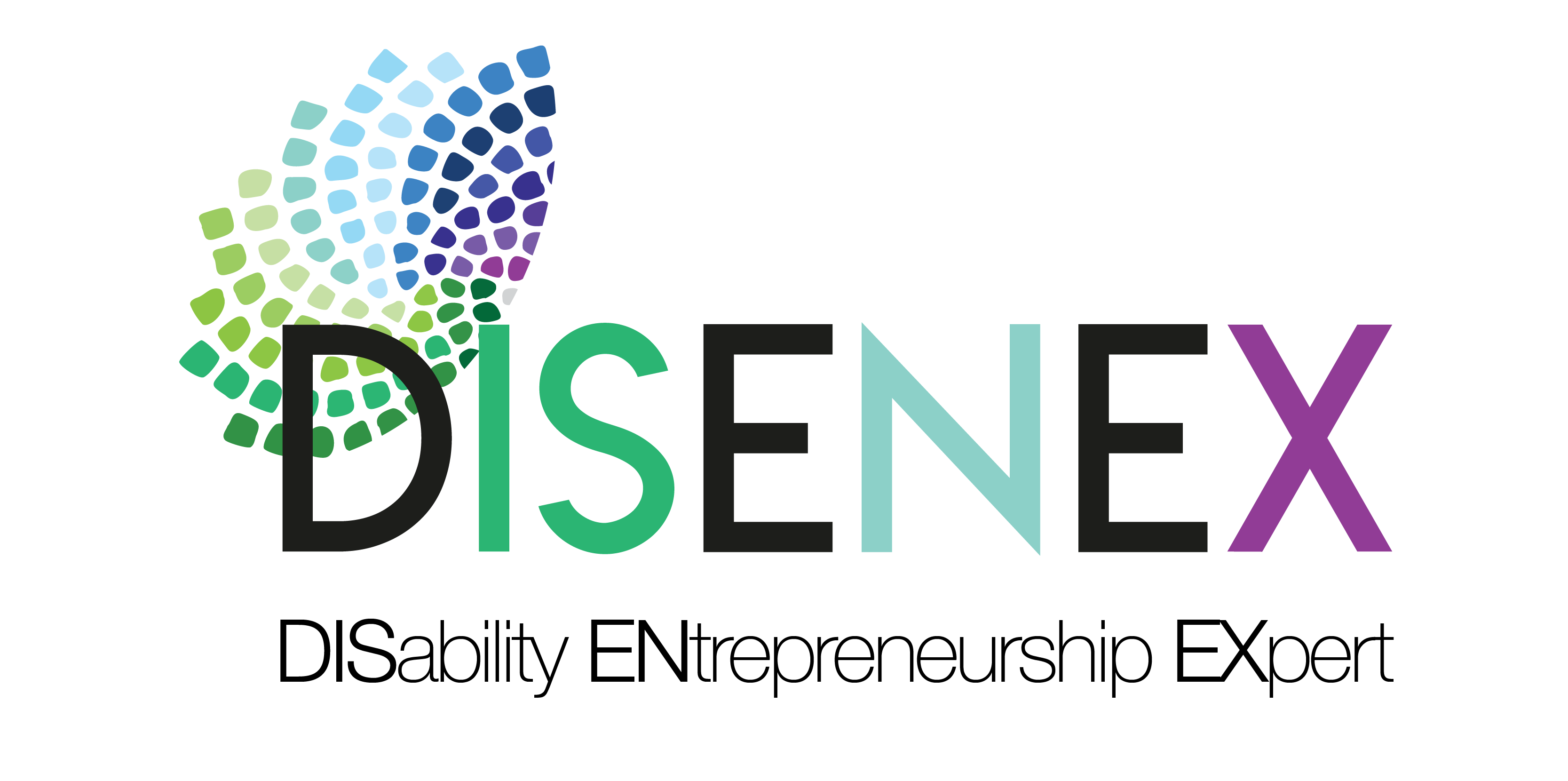One goal of the “DISENEX – Disability Entrepreneurship Expert” project is the design of a methodology and guidelines to support people with disabilities to become entrepreneurs. The deliverables are based on an empowerment approach with a perspective that focuses on strengths rather than weaknesses, and it is a useful framework for promoting social entrepreneurship among people with disabilities (PWDs). The approach is centered on turning away from the deficit perspective and instead embracing the strengths and potential of individuals. This means unconditional acceptance of the person and their being, trust in their individual and social resources, respect for their views and decisions, and an orientation towards their rights, needs, and interests.
One of the key lessons the consortium learned from its experience in supporting social entrepreneurship is the importance of involving stakeholders in the process. The stakeholders that we aim to reach include governments, disability services, universities, employment agencies and NGOs. They can be instrumental in spreading knowledge about the project, disseminating information and results, as well as raising the profile of organizations carrying out the project.
In addition to involving stakeholders, they have also developed mechanisms to address the family approach to entrepreneurship. PWDs face specific barriers to entrepreneurship, such as limited access to start-up capital, fear of losing benefits, lack of relevant business knowledge and skills, and limited aspirations. These barriers can be overcome with the full support of their families, who can help with the search for start-up capital, provide necessary training, and instill confidence in entrepreneurs with disabilities.
Access the methodology here.
To motivate stakeholders and spread the knowledge of our project, the consortium has created several tools and resources, such as motivational videos, the DISENEX portal, learning courses. These tools can be used to encourage and support PWDs in their entrepreneurship journey and promote their social inclusion. They are all available in the portal.
Don’t forget to visit the social media pages on Facebook, Instagram, Twitter, LinkedIn and YouTube.

